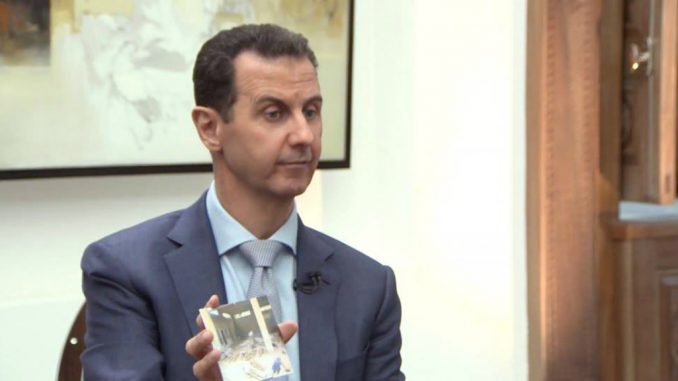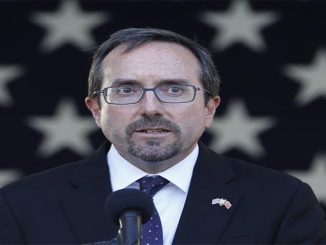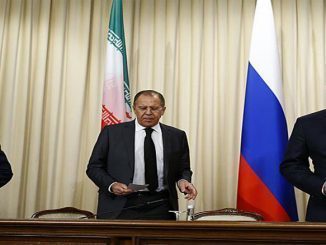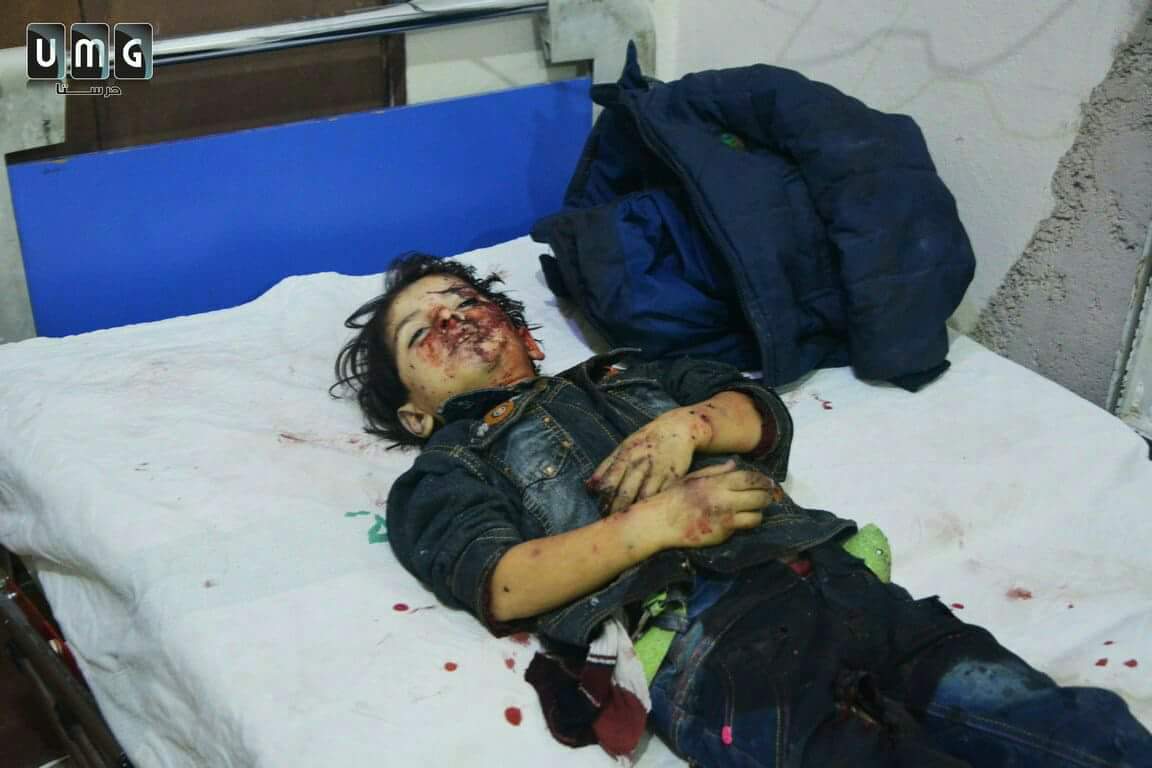
Bashar Al-Assad has said in a new interview that the evidence of torture and mass hangings in Syria are fabricated and accused Amnesty International of making lies to discredit his “embattled government.”
Yahoo News made an exclusive interview with Bashar al-Assad, the current Syrian president and the root cause of the six-year crisis in Syria.
The Syrian crisis began as a peaceful demonstration against the injustice in Syria. Assad regime used to fire power and violence against the civilians and led to armed resistance. 450.000 Syrians lost their lives in the past five years according to UN estimates, and more than 12 million have lost their homes.
ِArrest, torture, enforced disappearance, and executions have been one of Assad regime’s tools to silence anyone suspected to oppose his role and to break the Syrian civilians’ will in gaining freedom.
Estimates say that more than 300.000 Syrian are currently held in Assad regime’s prisons, while the Syrian Observatory for Human Rights say that more than 60.000 of them were killed under torture.
A new report for Amnesty International said that about 13.000 people were hanged secretly and thousands more killed by other ways in Saydnaya prison, one of the most famous brutal detention centers in Syria.
Detainees referred to the prison as “the slaughterhouse”, it said, adding that the hangings had been authorized by officials at the highest level government from 2011.
Fake and fabricated news
Confronted with the new report in the interview with Yahoo news, Assad said in that the allegations were the product of a “fake news era” and charged that Amnesty International of fabricating evidence to discredit his embattled government.
“Put into question the credibility of Amnesty International, it is always biased and politicized and it is a shame for such an organization to publish a report without a shred of evidence,” he told Yahoo News. “They haven’t been to Syria, they only made their reports on allegations. You can forge anything these days – we are living in a fake news era.”
“They said it is based on interviews but what about the documents,” he said. “What about the concrete evidence?
He added: “It means nothing. When you make a report you need evidence, concrete evidence. You can make any report and pay money to anyone.”
He added that the US had no grounds on which to condemn Syria for human rights abuses considering its own record.
“The US is in no position to talk about human rights since the Vietnam War. Since that moment, when they killed millions of civilians and 1.5 millions in Iraq without any assignment by the Security Council,” he said.
Executions by the Syrian government or by affiliated institutions were “legal actions” following a trial, he insisted.
Torture pictures are “Photoshopped”
Assad was also confronted for the first time with chilling photographs taken by a former regime photographer, code named Caesar, depicting rows of emaciated, brutally beaten bodies of detainees — many of them believed to be political protesters — at his military prisons. Caesar photographed more than 6,000 people killed in regime detention facilities between 2011 and 2013.
The images show rows of naked, emaciated corpses with numbers written on their foreheads. Most bear signs of torture. Smuggled out of the country on flash drives, these images provide some of the most damning evidence of the regime’s systematic use of torture.
The photographs — which U.S. officials have likened to images from Nazi concentration camps — were the basis for a landmark lawsuit filed in Spain’s National Court last week accusing nine senior Syrian intelligence and security officials of international human rights crimes.
Assad at first suggested the photos may have been edited and “Photoshopped.” Shown an FBI report concluding that the photos were not manipulated and appeared to depict “real people and events,” Assad dismissed it. “If the FBI say something, it’s not evidence for anyone, especially for us,” he said. “The most important thing: If you take these photos to any court in our country, could they convict any criminal regarding this? Could they tell you what this crime is, who committed it? If you don’t have this full picture, you cannot make
“If the FBI say something, it’s not evidence for anyone, especially for us,” he said. “The most important thing: If you take these photos to any court in our country, could they convict any criminal regarding this? Could they tell you what this crime is, who committed it? If you don’t have this full picture, you cannot make judgment. It’s just propaganda.”



